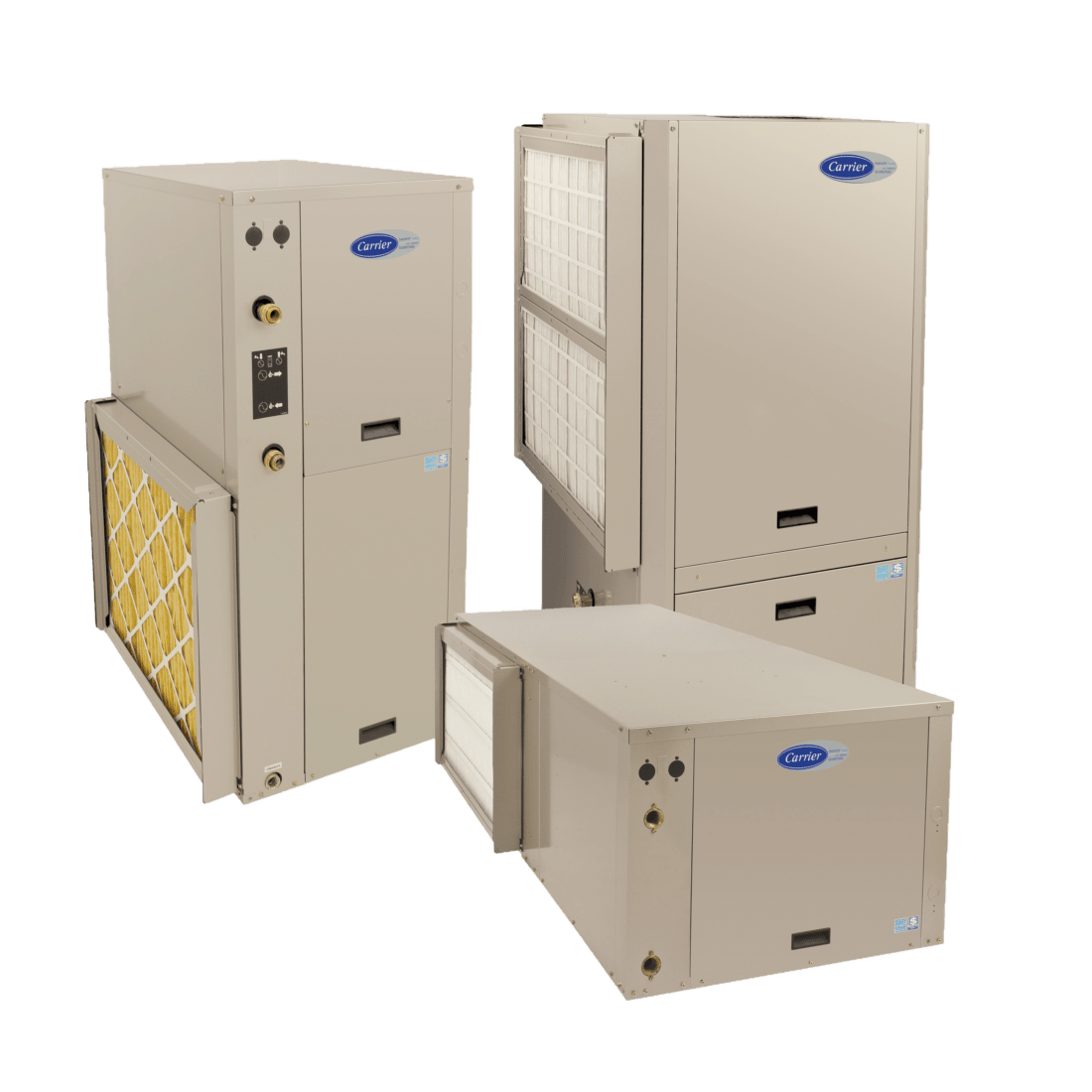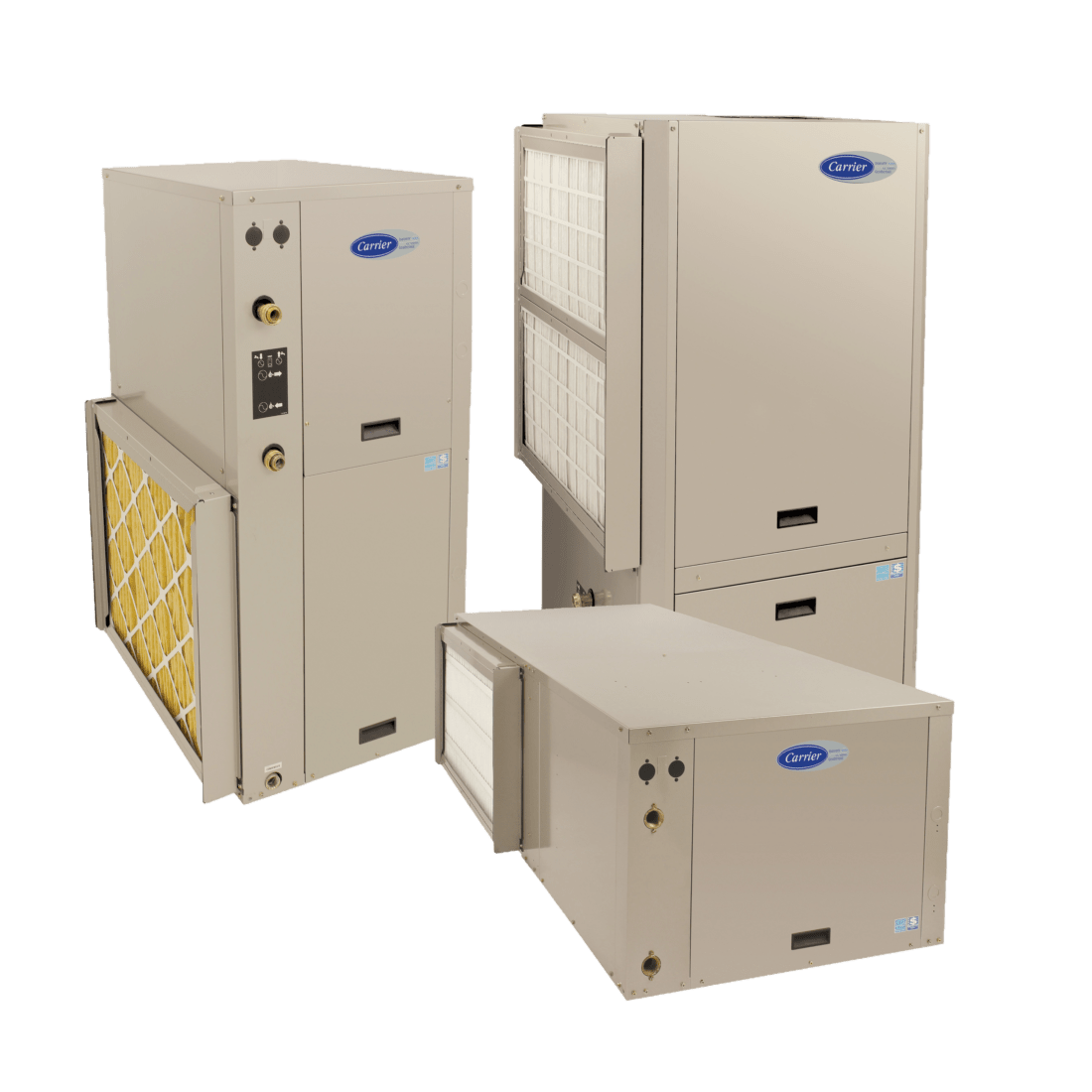
Thermopompes géothermiques
Les systèmes de thermopompes géothermiques utilisent l'énergie directement dans votre propre cour, en transférant la chaleur vers ou depuis la terre pour chauffer ou rafraîchir votre maison. Peu importe la météo, les thermopompes géothermiques offrent un rendement écoénergétique pour offrir le meilleur confort dans votre maison.
Coût initial $$$

Coût initial $$$

Coût initial $$

Coût initial $

Coût initial $

Coût initial $$

Coût initial $$

Coût initial $$

Coût initial $$
En tant que source d'énergie renouvelable, l'énergie géothermique réduit votre empreinte carbone. Une seule thermopompe géothermique peut réduire les émissions de gaz à effet de serre de 11 tonnes métriques au cours de sa durée de vie de 20 ans. Les thermopompes géothermiques sont évaluées en fonction de leur taux de rendement énergétique (EER) et de leur coefficient de rendement (COP), qui ressemble beaucoup à la consommation mesurée en kilomètres par litre d'une voiture : plus la cote est élevée, plus le système est écoénergétique.
Les thermopompes géothermiques peuvent réduire les coûts de chauffage et de climatisation de la maison comparativement aux systèmes de chauffage, ventilation et climatisation à air forcé, avec des économies pouvant atteindre 70 %.
Les thermopompes géothermiques monoblocs sont un système tout-en-un qui ne nécessite pas d'unité extérieure et qui est entièrement isolé pour un fonctionnement très silencieux. Notre thermopompe géothermique bibloc Infinity® requiert une unité intérieure qui produit un son minimal. La thermopompe bibloc est installée à l'extérieur de votre maison et est également dotée de technologies de réduction du bruit.
Nos thermopompes géothermiques monoblocs sont durables et, comme elles sont situées à l'intérieur, elles peuvent durer jusqu'à 20 ans avec peu d'entretien. Notre thermopompe géothermique bibloc est aussi extrêmement durable et peut durer jusqu'à 15 ans avec peu d'entretien.

